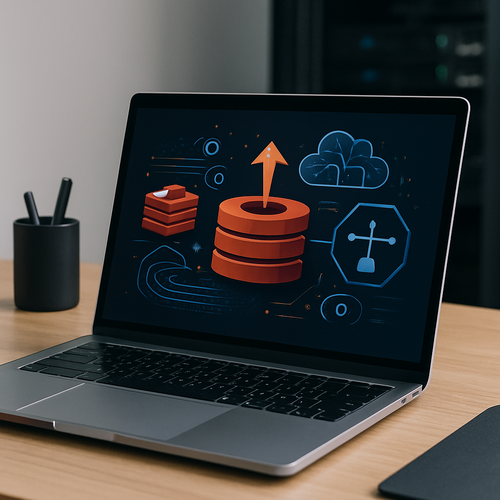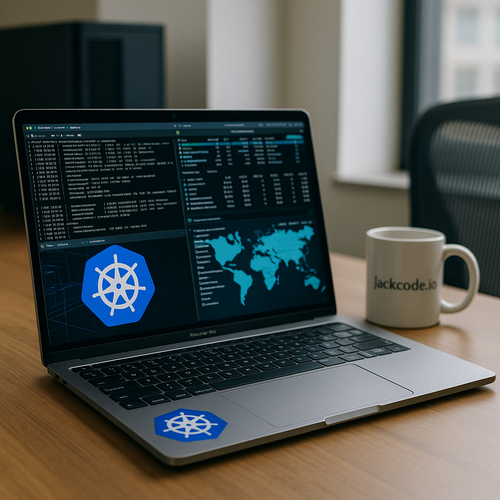
Caching is one of the most effective ways to speed up the API, reduce server load, and provide fault tolerance. We implement multi-layer caching: at the data level (Redis), at the content level (CDN) and at the routing level (API Gateway). This allows you to reduce the response time to milliseconds, avoid overloads and ensure stability during peak calls.
Types of caching we use
| Level | Tools and benefits |
|---|---|
| Redis / Memcached | Fast in-memory cache for storing sessions, tokens, query results |
| CDN (Cloudflare, Akamai) | Caching static and quasi-static API responses across edge servers |
| API Gateway | Responses from cache without accessing backend on repeated requests, TTL control |
When the cache is particularly effective
Duplicate queries with the same parameters- Results of heavy calculations or long operations
- Frequently used directories, filters, public data
- Multi-regional applications with geo-distributed traffic
What caching for the API gives
Instant Replay- Reduce database and backend load
- Resistance to traffic spikes (for example, when launching promotions or updates)
- Improved SLAs, timeouts, and responsiveness
- Lower infrastructure costs
How we implement it
Redis configuration with eviction policy and namespace- CDN configuration with path, query and headers caching
- Gateway-level caching (e.g., using Kong, Tyk, Amazon API Gateway)
- TTL, Disability and Cache Basting Management
- Integration with metrics: cache hits/misses, speed, volume
Where especially important
E-commerce and promotional services with sharp peaks- Gaming platforms with repeated API calls
- Mobile and SPA applications with delay sensitivity
- APIs that provide frequently read but rarely changed data
Caching is a buffer between speed and stability. We are building a robust architecture where every re-call is faster and every peak load is under control.
Contact Us
Fill out the form below and we’ll get back to you soon.









